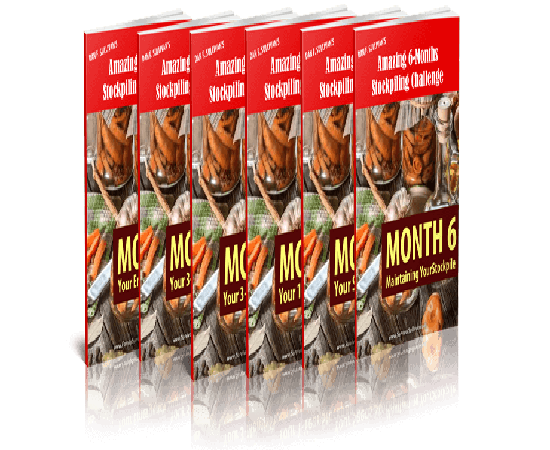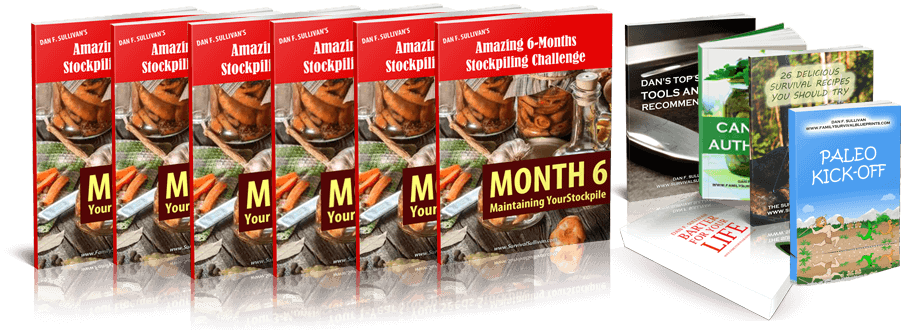Food Stockpiling: An Essential Guide to Emergency Preparedness
Food stockpiling is a crucial aspect of emergency preparedness that can ensure you and your family are ready for any unforeseen circumstances. With the uncertainties in today’s world, having a well-stocked pantry can provide comfort and security during times of need. In this article, we will delve into the benefits of food stockpiling, address common questions, and offer practical insights into building your stockpile.
The Benefits of Food Stockpiling
Building a food stockpile offers numerous benefits that can prove invaluable in emergencies. One of the key advantages is the ability to sustain yourself and your family during situations where access to fresh food is limited. Having a stockpile also provides a sense of security and peace of mind, knowing that you are prepared for any eventuality.
Additionally, a well-stocked pantry can save you time and money in the long run. By purchasing items in bulk and on sale, you can cut down on grocery expenses and reduce the need for frequent trips to the store. This can be especially beneficial during times of inflation or economic instability.
Frequently Asked Questions About Food Stockpiling
1. What are the essential items to include in a food stockpile?
When building your food stockpile, it is essential to include non-perishable items such as canned goods, grains, pasta, rice, and dried fruits. You should also consider items with a long shelf life, such as dehydrated or freeze-dried foods.
2. How often should I rotate my food stockpile?
It is recommended to regularly check the expiration dates of items in your stockpile and rotate them as needed. This helps ensure that your supplies are fresh and safe to consume in case of an emergency.
3. How much food should I store per person in my household?
The amount of food you should stockpile per person will depend on factors such as age, dietary restrictions, and personal preferences. It is advisable to have at least a two-week supply of non-perishable foods for each member of your household.
4. Can I include perishable items in my food stockpile?
While non-perishable items are recommended for long-term storage, you can also include certain perishable items with a longer shelf life, such as canned meats, powdered milk, and shelf-stable produce.
5. How can I ensure my food stockpile is well-organized?
To keep your food stockpile organized, consider labeling items with their expiration dates and storing them in a cool, dry place away from direct sunlight. Use sturdy shelves or containers to prevent spoilage and ensure easy access to your supplies.
Conclusion
Food stockpiling is a proactive measure that can provide security and peace of mind in uncertain times. By building a well-rounded stockpile of essential items, you can ensure that you and your loved ones are prepared for emergencies. Remember to rotate your supplies regularly, stay organized, and tailor your stockpile to meet the specific needs of your household. Embracing the practice of food stockpiling is a step towards self-sufficiency and resilience in the face of any challenge.


